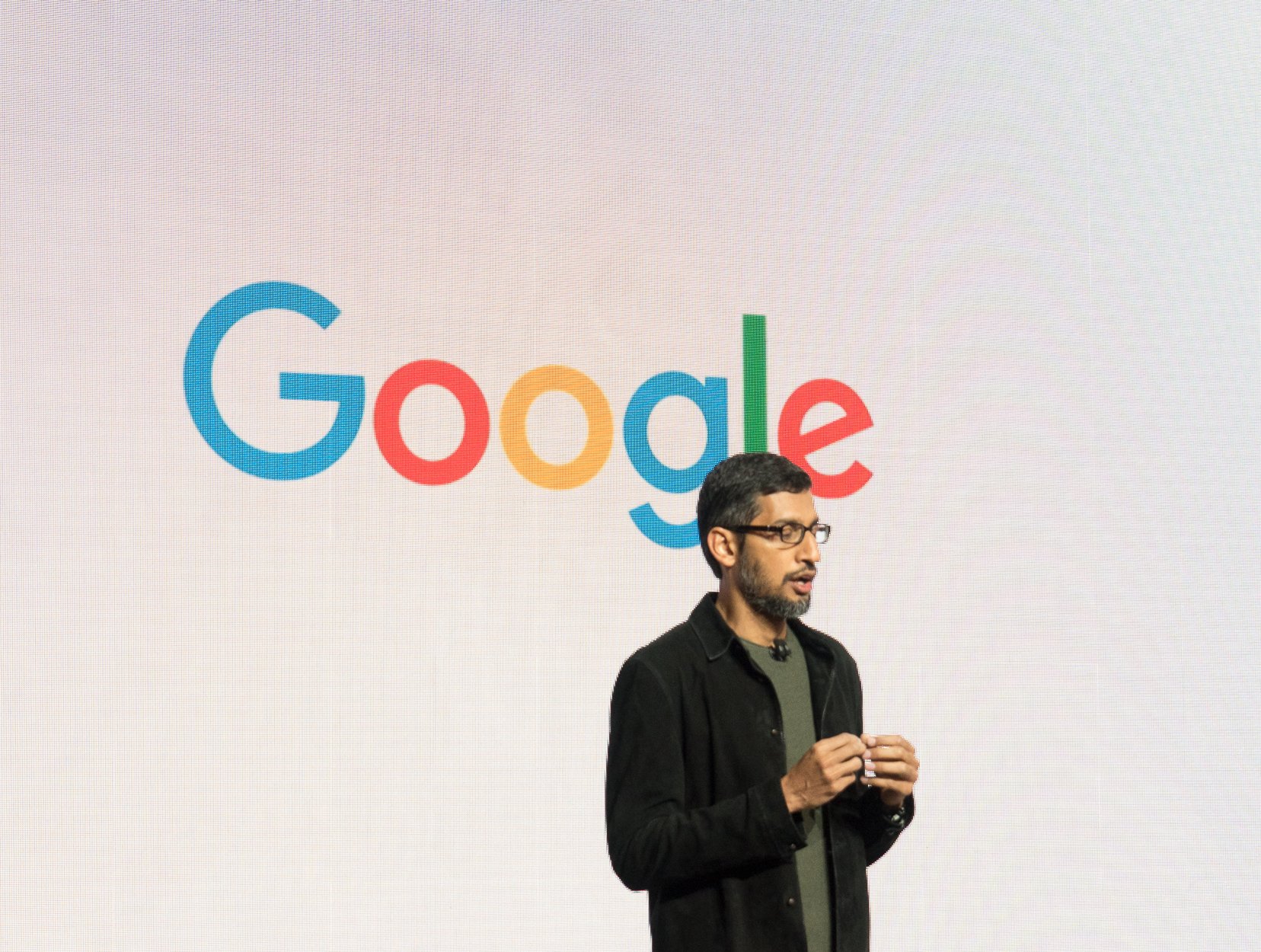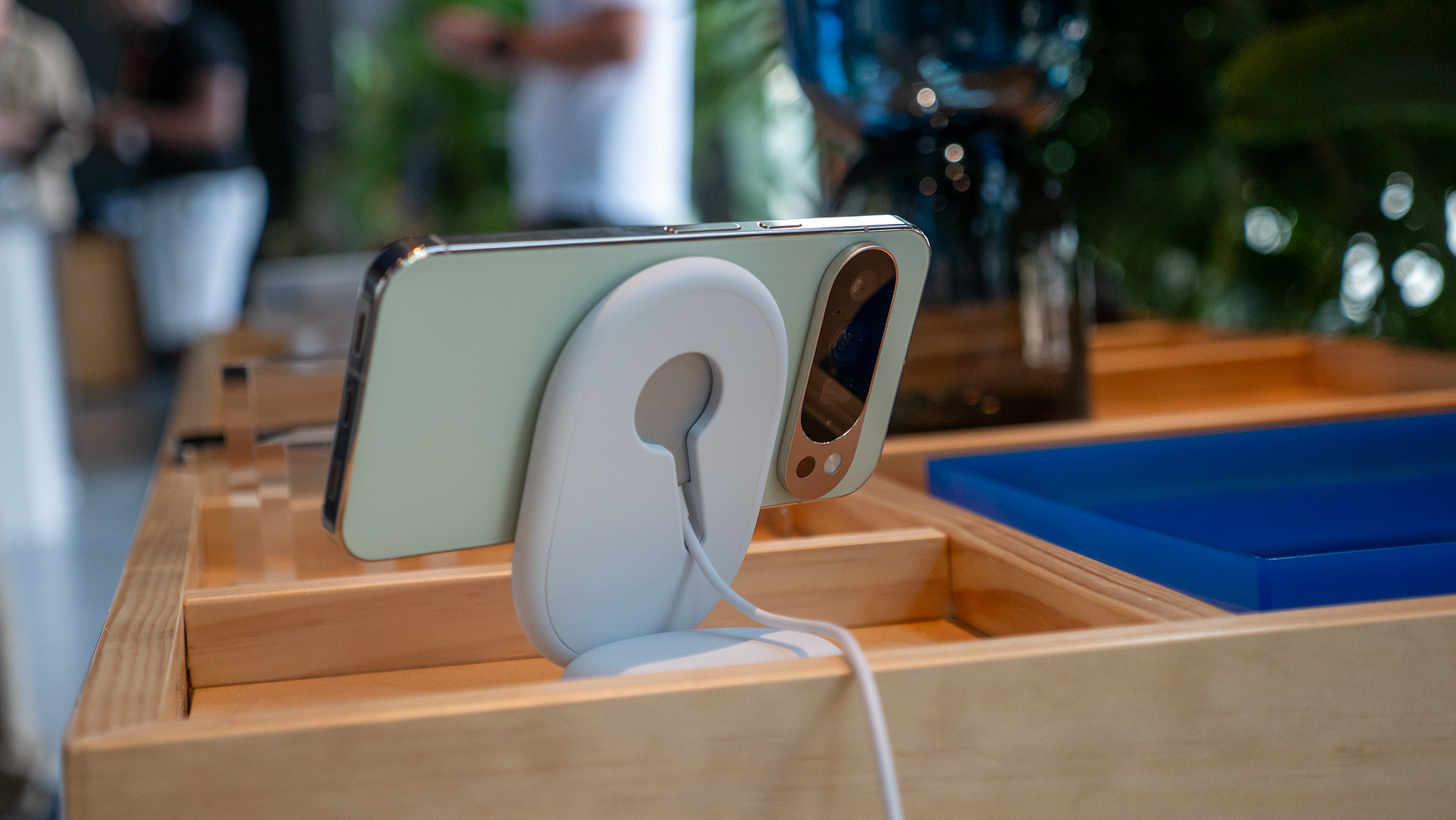Google fires back at U.S. DOJ over 'deeply flawed' lawsuit

What you need to know
- The U.S. DOJ this morning sued Google, citing antitrust violations.
- The company today has fired back, calling the lawsuit flawed.
- It says that consumers and brands alike choose to use Google freely.
Google has responded to the U.S. antitrust lawsuit filed this morning, called it "deeply flawed" and "dubious." The core of Google's counterargument is this, neither businesses nor consumers are picking Google because they are necessarily forced to, they are doing so because they want to.
Writing on the Google Blog, Kent Walker, Google's Chief Legal Officer, said:
[L]ike countless other businesses, we pay to promote our services, just like a cereal brand might pay a supermarket to stock its products at the end of a row or on a shelf at eye level. For digital services, when you first buy a device, it has a kind of home screen "eye level shelf." On mobile, that shelf is controlled by Apple, as well as companies like AT&T, Verizon, Samsung and LG. On desktop computers, that shelf space is overwhelmingly controlled by Microsoft.So, we negotiate agreements with many of those companies for eye-level shelf space. But let's be clear—our competitors are readily available too, if you want to use them.Our agreements with Apple and other device makers and carriers are no different from the agreements that many other companies have traditionally used to distribute software. Other search engines, including Microsoft's Bing, compete with us for these agreements. And our agreements have passed repeated antitrust reviews.
Walker notes that even when Google has negotiated such shelf-space that puts it front and center, it is trivially easy for consumers to change their preferences whether they're doing so on Android phones or Safari. It also notes that Microsoft Edge and Bing are the default on Windows devices, the dominant desktop computing platform.
The company also uses the popularity of apps like Spotify and Instagram, apps which are not pre-installed on most phones, as examples of products which grew because consumers chose them. That is to say, just because something is the default and pre-loaded, doesn't mean people can't use other products. We could also point to Google products like Allo and Play Music on Google's side, and that of Xbox/Groove Music and Cortana on Microsoft's side as examples of failed products which were pre-loaded. As Google notes, consumers "choose" their preferred services.
It's safe to say that their view is incompatible with that of the U.S. Department of Justice.
This morning, AG William Barr said:
[Google] no longer competes only on the merits but instead uses its monopoly power – and billions in monopoly profits – to lock up key pathways to search on mobile phones, browsers, and next generation devices, depriving rivals of distribution and scale. The end result is that no one can feasibly challenge Google's dominance in search and search advertising.
It's up to the courts to determine whose case is more persuasive. It won't be quick. Something of this magnitude is expected to take years to resolve with the possibility of appeals.
Get the latest news from Android Central, your trusted companion in the world of Android

